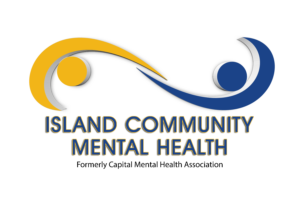Music as medicine has huge potential, study suggests
McGill University researchers sought patterns in 400 published researcher papers
Posted: Apr 1, 2013 9:41 PM ET
Music boosts the body’s immune system and is more effective than prescription drugs in reducing anxiety before a surgery, a research review from two psychologists at Montreal’s McGill University suggests.
“I think the promise of music as medicine is that it’s natural and it’s cheap and it doesn’t have the unwanted side effects that many pharmaceutical products do,” said Daniel Levitin, who co-authored the review recently published in the journal Trends in Cognitive Science.
Levitin and post-doctoral researcher Mona Lisa Chanda reviewed 400 published scientific papers, trying to find patterns among the results.
They found that music had documented effects on brain chemistry and associated mental and physical health benefits in four areas:
- Management of mood.
- Stress reduction.
- Boosting immunity.
- As an aid to social bonding.
The review found 15 studies showing that people’s levels of a stress hormone called cortisol dropped after they listened to relaxing music, indicating a reduction in stress. One paper even compared patients at a hospital before surgery who were randomly assigned to either listen to music or take an anti-anxiety drug such as Valium. Click here to read more.









